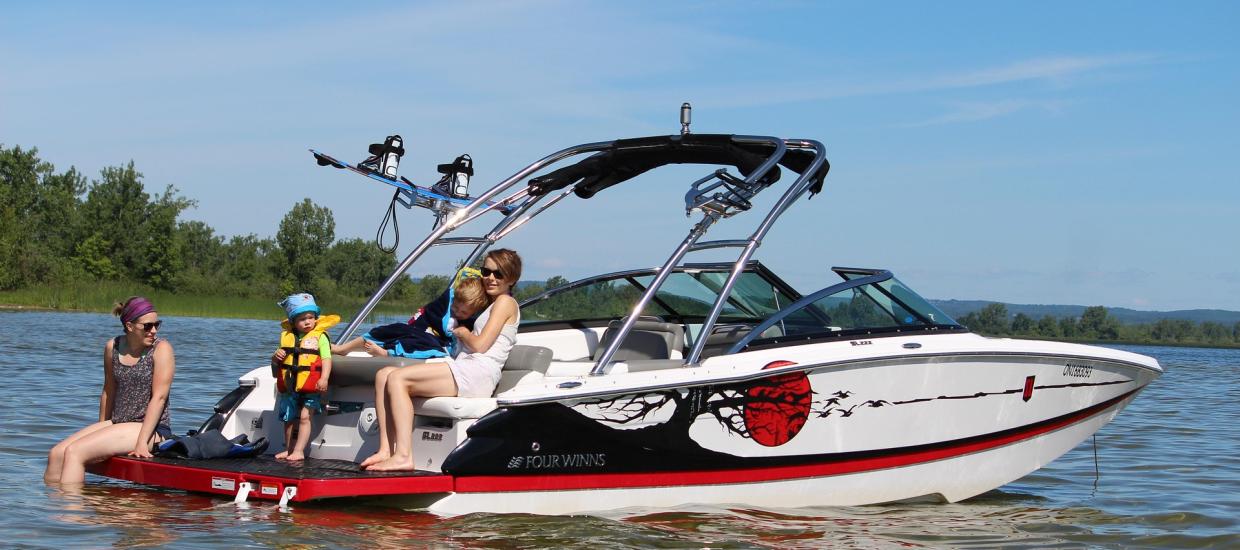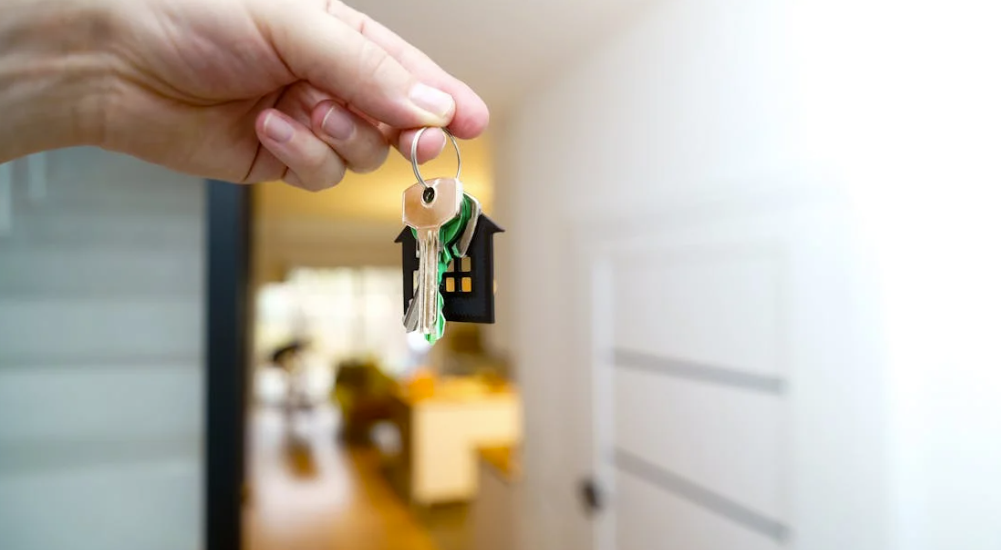Are you selling your lake home? You, as a seller, have traits that most sellers exhibit. The same goes for lake home buyers. Because you are trying to sell your home, you should be aware of what these typical buyer traits are and how to spot them. Lake Home Realty’s CEO, Glenn Phillips, discusses what some of these traits are and how to be on the lookout for them.
- Often Live >100 Miles Away: Most buyers who purchase lake property are looking for something they can move to in retirement or a place they can have as their getaway. Knowing that typical lake buyers are coming as far away as other states or cross country is important when it comes to marketing towards them.
- “Want What They Want”: It isn’t very common that your typical lake home buyer is looking for anything in a hurry. They don’t need a home immediately to ensure their kids can be in a certain school system or any other reason behind a quick move. They could spend months to years waiting to find exactly what it is they want.
- Willing to pay…but RARELY overpay: Most people who are buying lake property are smart with their money. You can see that the inventory has grown a lot in the past couple of months. These buyers aren’t willing to pay for a home that is overpriced, a more and more are becoming that.
- Unconcerned with school systems: The usual demographic is 55 and older. They might have grandkids coming to visit, but that doesn’t mean the specific school systems in the area are pertinent for these buyers.
- Hospital Reasonably Close: Like the previous point, the age demographic is a little older than your usual real estate market. Knowing you’re not too far away from a medical center is something that is being looked into when a buyer is considering moving to the lake.
Knowing these buyer traits can benefit you if you’re beginning the selling process or have been in it for a minute. If you would like help with selling or simply more details about these traits, reach out to one of our lake agents today at https://www.lakehomes.com/. They would be more than willing to lend a helping hand.













